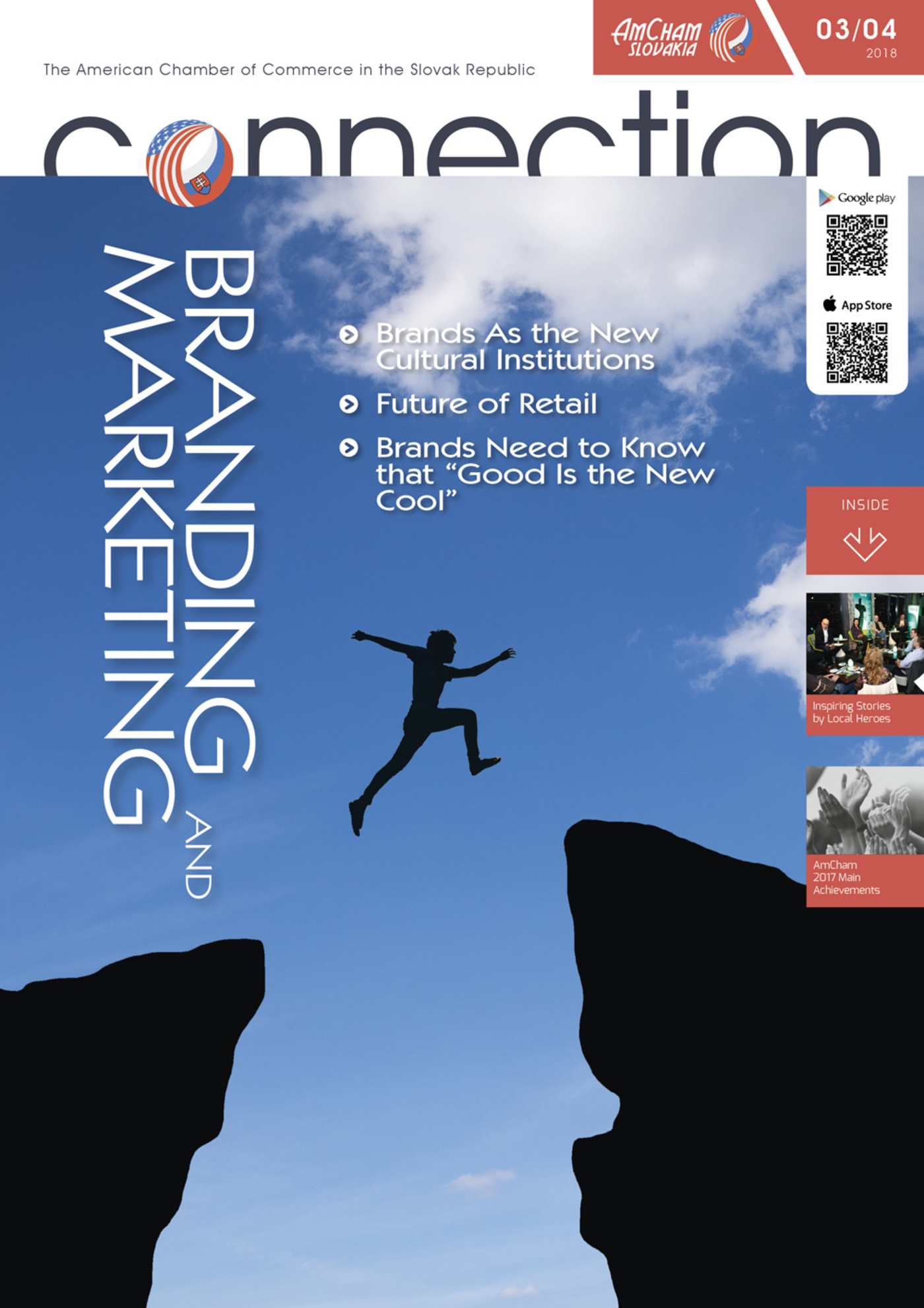People today no longer want a brand as their social, “tribal“ or snobbish individual label, used until recently by consumers to express their identity, difference and status within the social hierarchy of other consumers. In the same way, it is no longer just about the products and their functional attributes. Research repeatedly shows that peoples’ purchase decisions are influenced by their opinions of the company’s cause-marketing initiatives. The corporation is “dealing with consumers who don’t just want a can of Coke, bar of soap, TV show, or Vespa. Corporations are required to create and share cultural capital and to release value into the world without any assurance of immediate return. Now the corporation is not just an economic actor, it is also a social and cultural one,” writes Grant McCracken in his book The Chief Cultural Officer: How to Create a Living, Breathing Corporation.
This type of economic environment, where a company or corporation changes from an economic actor to a social and cultural one is called “gift economy”. Gift economy represents a paradigmatic shift which has the potential to cause dramatic change, since it brings with it the need for a true ethical and value dimension in entrepreneurial, business and economic activities. In the context of these changes, it is critical for the brand to show that it cares about the world, people or values – that it carries an overarching meaning, story and purpose This is how a new type of marketing is born. “Cause marketing” goes beyond just numbers, efficient communication, return on investment and corporate profit. And with this new type of marketing come “brands with purpose”.
These are brands that care and have a reach extending far beyond the ordinary limits of their commercial presence in the market economy. Brand advertising is transforming into “good-vertising” (Thomas Kolster). But goodvertising is not just a variation of good old corporate social responsibility (CSR). In the old times, many brands and corporations incorporated CSR into their activity plans simply because it was expected of them, without any relevant connection to the brand meaning and brand purpose. Goodvertising is a complex re-installment of the brand attitude to the world and its key characteristic is authenticity.
We may do not believe politicians, preachers, and the media. We may lack a unifying overarching story shared by the whole society. But we are pre-programmed to seek meaning in our lives and in what we do. Viktor Frankl showed how identifying the purpose and meaning of life and clinging to it helped people survive concentration camps. In the current “low-trust” world brands have become meaning providers and cultural institutions. That is why they should understand that they should be doing something more for the society, humanity and the world.
Pavol Minár, FMK UCM Trnava; Board Member and Brand Storyteller, Zaraguza Prague



Follow us